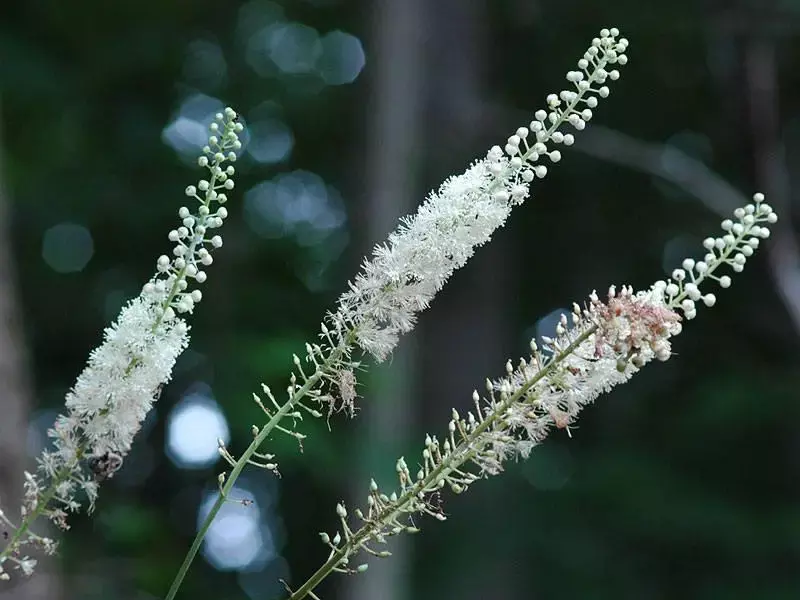- Home
- Medical news & Guidelines
- Anesthesiology
- Cardiology and CTVS
- Critical Care
- Dentistry
- Dermatology
- Diabetes and Endocrinology
- ENT
- Gastroenterology
- Medicine
- Nephrology
- Neurology
- Obstretics-Gynaecology
- Oncology
- Ophthalmology
- Orthopaedics
- Pediatrics-Neonatology
- Psychiatry
- Pulmonology
- Radiology
- Surgery
- Urology
- Laboratory Medicine
- Diet
- Nursing
- Paramedical
- Physiotherapy
- Health news
- Fact Check
- Bone Health Fact Check
- Brain Health Fact Check
- Cancer Related Fact Check
- Child Care Fact Check
- Dental and oral health fact check
- Diabetes and metabolic health fact check
- Diet and Nutrition Fact Check
- Eye and ENT Care Fact Check
- Fitness fact check
- Gut health fact check
- Heart health fact check
- Kidney health fact check
- Medical education fact check
- Men's health fact check
- Respiratory fact check
- Skin and hair care fact check
- Vaccine and Immunization fact check
- Women's health fact check
- AYUSH
- State News
- Andaman and Nicobar Islands
- Andhra Pradesh
- Arunachal Pradesh
- Assam
- Bihar
- Chandigarh
- Chattisgarh
- Dadra and Nagar Haveli
- Daman and Diu
- Delhi
- Goa
- Gujarat
- Haryana
- Himachal Pradesh
- Jammu & Kashmir
- Jharkhand
- Karnataka
- Kerala
- Ladakh
- Lakshadweep
- Madhya Pradesh
- Maharashtra
- Manipur
- Meghalaya
- Mizoram
- Nagaland
- Odisha
- Puducherry
- Punjab
- Rajasthan
- Sikkim
- Tamil Nadu
- Telangana
- Tripura
- Uttar Pradesh
- Uttrakhand
- West Bengal
- Medical Education
- Industry
Black Cohosh Safe but Lacks Evidence on improving pregnancy in PCOS: Study

Polycystic ovary syndrome (PCOS) is a complex, common reproductive and endocrine disorder affecting up to 17.8% of reproductive-aged women. In a recent study, researchers have reported that black cohosh is safe but lack high-quality evidence supporting the effectiveness in PCOS. The study findings were published in the Journal of Pharmacy Practice on April 29, 2021.
Black cohosh, also known as black bugbane and black snakeroot, among other names, has been a popular medicinal herb in North America for centuries, and it is still valued to this day. Black cohosh modern applications are focused on treating the symptoms of menopause and menstrual complaints. It also occasionally used in the management of PCOS-related infertility. To further evaluate its action, Dr Chi Wai Fan and his team conducted a study in which they assessed the safety and efficacy of black cohosh for ovulation-induction through hormone regulation and increased endometrial thickness to improve pregnancy rates in women with PCOS-related infertility.
In this systemic review, researchers searched Medline, Embase, International Pharmaceutical Abstracts, Science Direct, and Cumulative Index of Nursing and Allied Health Literature spanning origin to December 19, 2020. They also searched the National Clinical Trials database and the International Clinical Trials Registry Platform for additional records. They screened 181 records and included 2 randomized controlled trials (RCT). They also identified 4 additional records (3 published) for the analysis.
Key findings of the study were:
- Upon analysis, they found improvement in hormone regulation and endometrial thickness for black cohosh groups compared to clomiphene citrate (CC).
- They noted improved pregnancy rates using black cohosh plus CC from three RCTs.
- As for safety, no differences in adverse events were reported for the black cohosh dosing regimens included in the analysis (20mg to 120mg daily).
- They further reported several risk-of-bias concerns in those studies.
The authors concluded, "There is a lack of high-quality evidence supporting the effectiveness of black cohosh for improving pregnancy rates in PCOS-related infertility. Short-term use of black cohosh appears to be safe."
For further information:
Medical Dialogues Bureau consists of a team of passionate medical/scientific writers, led by doctors and healthcare researchers. Our team efforts to bring you updated and timely news about the important happenings of the medical and healthcare sector. Our editorial team can be reached at editorial@medicaldialogues.in.
Dr Kamal Kant Kohli-MBBS, DTCD- a chest specialist with more than 30 years of practice and a flair for writing clinical articles, Dr Kamal Kant Kohli joined Medical Dialogues as a Chief Editor of Medical News. Besides writing articles, as an editor, he proofreads and verifies all the medical content published on Medical Dialogues including those coming from journals, studies,medical conferences,guidelines etc. Email: drkohli@medicaldialogues.in. Contact no. 011-43720751


